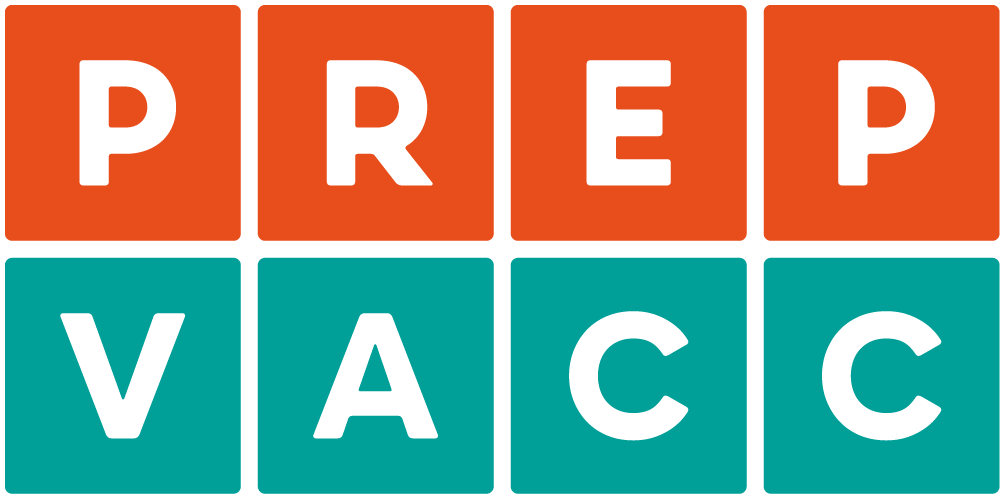AIDS 2024: Disclosing of Participation in an HIV Vaccine Trial in Southwestern Uganda – the effect on participant engagement
Sarah Nakamanya, MRC/UVRI & LSHTM Uganda Research Unit
Sarah Nakamanya is a Social Scientist at MRC/UVRI & LSHTM Uganda Research Unit. For over ten years across multiple studies, she has been using qualitative research methods among key populations, including female sex workers and fisherfolk.
In the PrEPVacc study, she is leading the Social Science team conducting the qualitative component at the Masaka site.
Sarah is the lead author of an abstract describing research findings from PrEPVacc, reported at the AIDS 2024 conference in July 2023. She answers questions about these findings below:
What was the problem this research was trying to address? Why does it matter?
Potential stigmatisation of trial participants is a social challenge affecting the development and testing of effective HIV vaccines, so this research aimed to understand how disclosing participation in an HIV PrEP and vaccine trial (the PrEPVacc trial) impacted on participant engagement. Understanding how participants in an HIV vaccine trial perceived HIV vaccines, their level of knowledge about them and how disclosure of participation to others influences their participation and adherence to the trial is important for successful HIV vaccine trials.
How did you address this question?
We conducted a qualitative study in which we purposefully selected individuals in the PrEPVacc trial in southwestern Uganda, to participate in a qualitative study. The selected individuals had different HIV risk and adherence profiles identified from quantitative data. We included individuals of different age groups, gender and socio-economic backgrounds. We also ensured that those who adhered very well, the not so good and poor adherers and the PrEP refusers were included in the sample.
What methods did you use?
We used repeat in-depth interviews at 2, 6 and 12 months during the trial. Other individuals were selected to take part in six focus group discussions, which were divided equally by gender and comprised 6 to 8 participants each. We explored participants’ experiences with vaccination, their motivation to participate and their disclosure of participation. We analysed the data manually using the thematic framework approach.
What did you find?
We found that disclosing participation to others improved participation in the trial as participants could take part openly and comfortably and gain approval and support from others, including financial and physical support. Participants who disclosed their participation adhered to the study requirements better and encountered less discomfort about participating and less social harm.
What does this mean?
These findings show how disclosure of participation in vaccine trials to significant others may help improve individual participation through improved uptake and adherence to trial requirements, motivate others and reduce the risk of potential social harm. Disclosing participation contributes to the successful implementation of vaccine trials and trial outcomes.
Are you confident in your conclusions, or are there uncertainties or caveats you would wish people to know?
Our findings hold a reasonable degree of certainty with respect to findings from other studies, especially on disclosure. Although initial concerns, including the fear of being suspected to be unfaithful or of having HIV and a lack of confidence in having the correct study information, seemed to affect disclosure among study participants, these concerns tended to reduce as their knowledge of the study improved, resulting in increased disclosure.
Were these findings surprising?
The findings were not surprising as other studies on disclosure have revealed its positive effects. However, our study was looking at disclosure in the context of participating in a trial, and it was surprising to see how disclosure had such a positive effect on trial participation.
What is the message of these findings for different people?
Researchers and interventionists need to promote disclosure of participation through community sensitisation and clear study information dissemination to both the study participants and communities to help reduce misconceptions, potential social harm and stigma and improve participation.
Participants need to understand and appreciate the importance of disclosing their participation to significant others to gain approval, improve participation, and reduce potential risks of social harm.
What question(s) does this research point you (or others) towards addressing next?
Our research findings call for the implementation and evaluation of public engagement campaigns and their effect on trial participation.
Are there any ‘firsts’ that this research can claim?
Engaging with the importance of support for people taking part in trials, particularly trials related to the prevention of HIV, was innovative. We have shown that disclosure can have a very important effect on people’s participation and is important to encourage, help and support participants.
Any final thoughts?
Our findings underline the importance of community or public engagement and involvement, which is key in designing and implementing successful trials.
Disclosing participation in an HIV vaccine and PrEP trial in Southwestern Uganda – the effect on participant engagement
Sarah Nakamanya, Rachel Kawuma, Georgina Nabaggala, Sylvia Kusemererwa, Eugene Ruzagira, Janet Seeley and the PrEPVacc Study Group.
WEPED406 at AIDS 2024 | Published: 23 July 2024 | Link to abstract in AIDS 2024 programme

